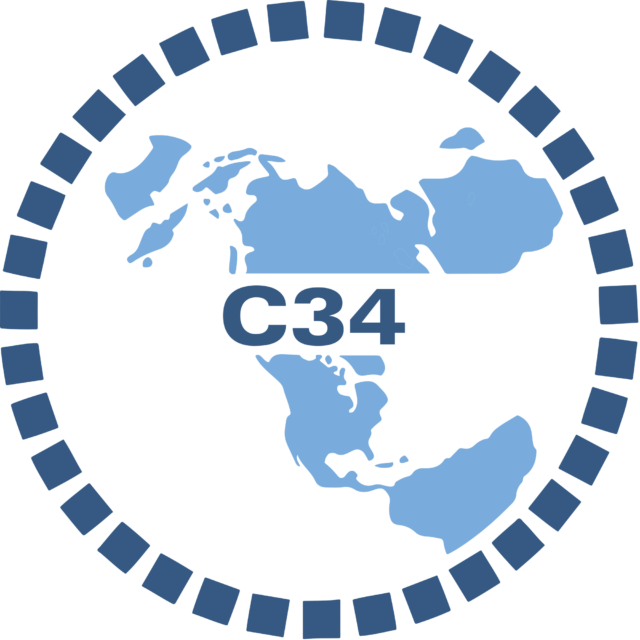Committee Overview
The Special Committee on Peacekeeping Operations (C34) was created in 1965 as part of the General Assembly’s Fourth Committee. It originally had only 34 member states, but now it includes 155 members. The name remains as a historical nod. Membership was first expanded in 1997, and more countries can join by participating as observers for three years or by contributing personnel to peacekeeping missions. The C34 is unique in bringing together different stakeholders involved in peacekeeping, including the permanent members of the Security Council, countries which provide peacekeeping troops and police, major financial contributors, and host countries. The Committee’s role is to carefully analyze issues with peacekeeping efforts and make recommendations to stakeholders through annual reports, which must be approved by all members. These reports can influence how peacekeeping missions are carried out, including by suggesting new mandates and improving operational procedures. In response to the C34’s reports, the UN Secretary-General releases a yearly update on how the UN Secretariat has worked to implement these recommendations.
Topic A: Pre-deployment Training for Peacekeepers
When deployed as United Nations “Blue Helmets,” peacekeepers face difficult situations, including unpredictable attacks, cultural differences, and risks related to sexual exploitation and abuse. They also deal with mental health challenges. Pre-deployment training (PDT) is meant to prepare peacekeepers for such challenges by teaching them how to respond professionally. Current training may not fully address these challenges or prepare peacekeepers. There are concerns about the quality of training programs for peacekeepers. It has been reported that there is not enough evaluation of the training or performance of peacekeepers. Peacekeepers have also been criticized for not effectively protecting civilians, perpetrating violence, and not fulfilling their missions. In C34, delegates will debate how PDT can better prepare peacekeepers for their roles in modern conflicts. Key topics for discussion will include international humanitarian law, rules of engagement, gender sensitivity, preventing sexual exploitation and abuse, cultural awareness, learning local languages, mental health preparedness, and protecting civilians and children.
Topic B: Environmental Sustainability of Peacekeeping Operations
United Nations Peacekeeping Operations (UNPKO) are sent to help countries affected by conflict build lasting peace. According to the UN Charter, the United Nations Security Council (UNSC) is responsible for maintaining international peace and security, and it authorizes peacekeeping missions. While environmental sustainability is not the main goal of UNPKOs, it is still vital for the long-term success and safety of these operations. UNPKOs involve thousands of people, vehicles, and aircraft, all of which can have a large impact on the environment. These operations also create a lot of waste, use a lot of water, and produce wastewater. In fact, about 10 percent of UN base camps bury non-hazardous waste when there are not proper landfill sites. If waste is not handled properly, it can harm the environment of the host country. Since peace and sustainable development go together, delegates in C34 must make sure that peacekeeping missions follow environmental principles and work to protect the environment as they help bring peace to affected regions.

